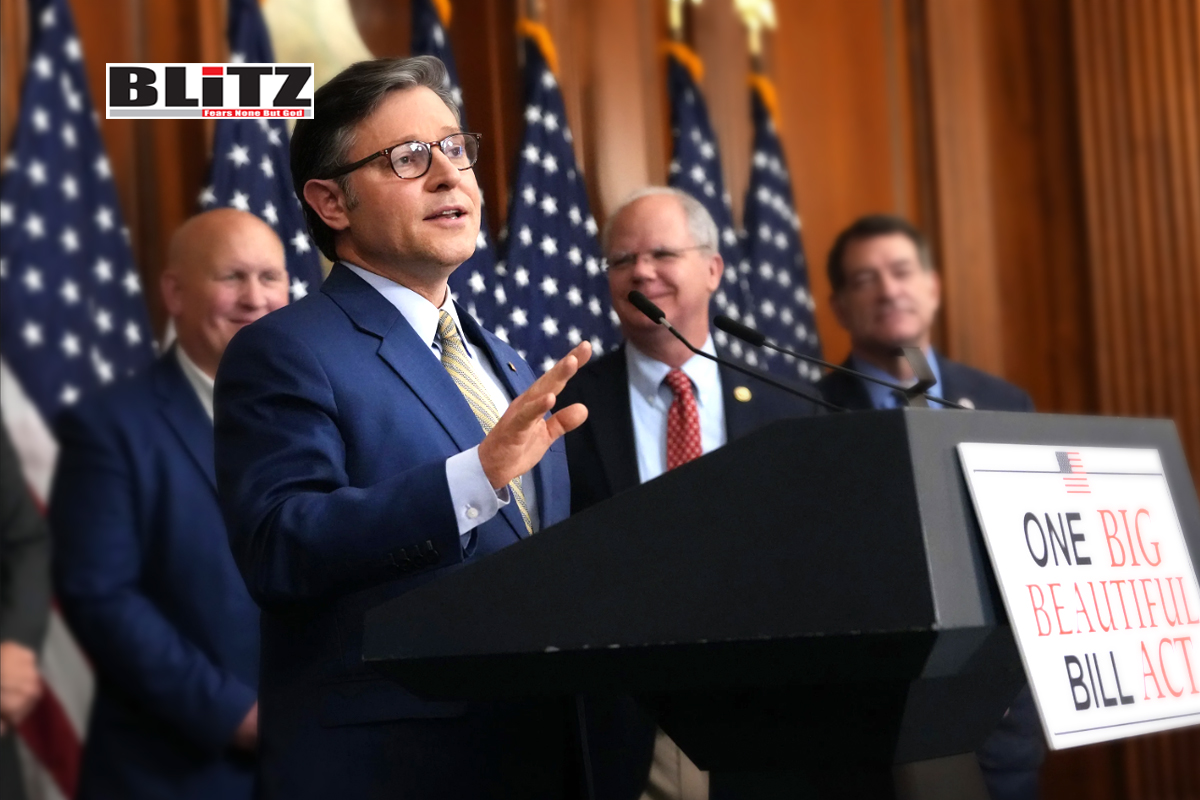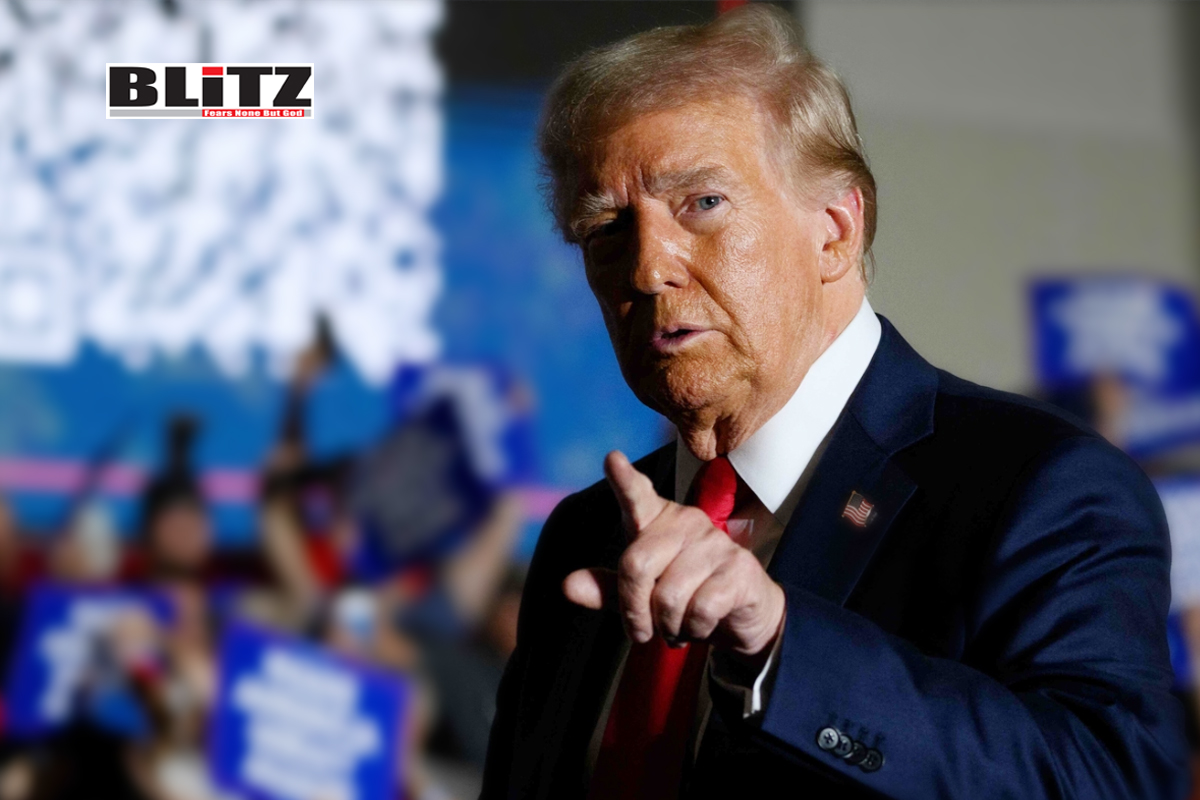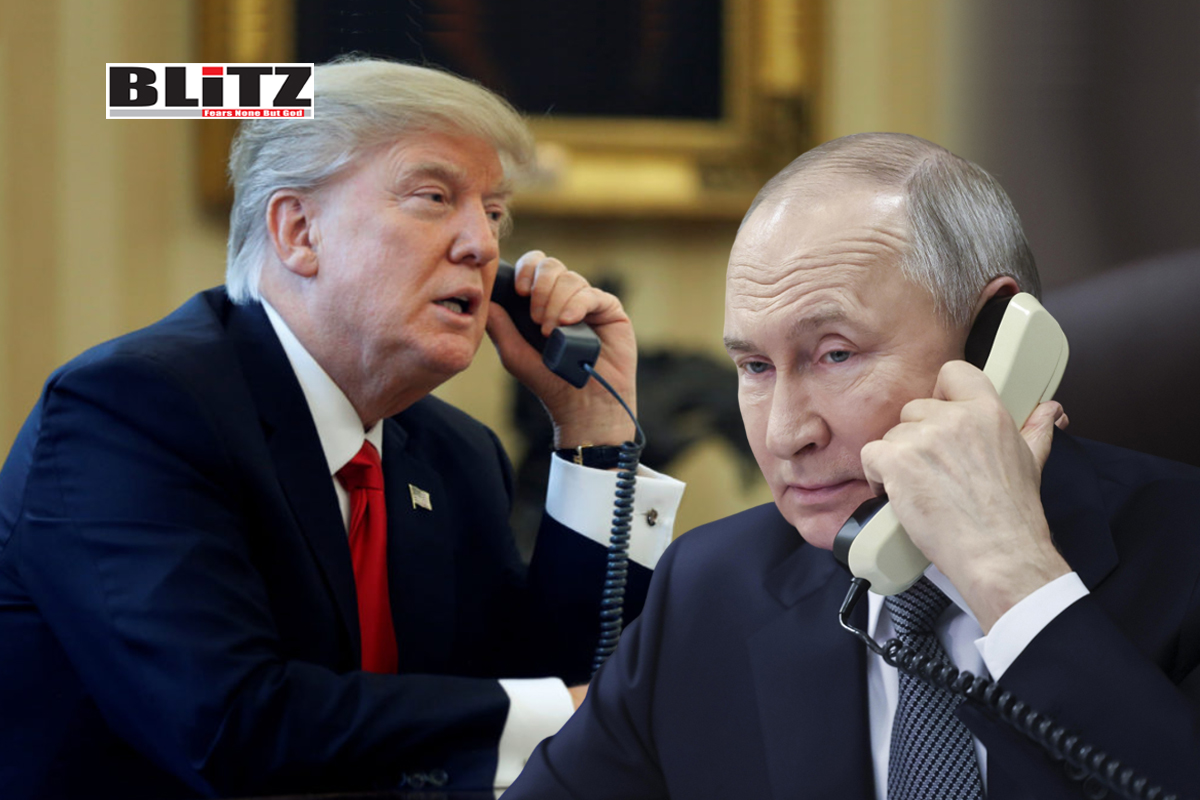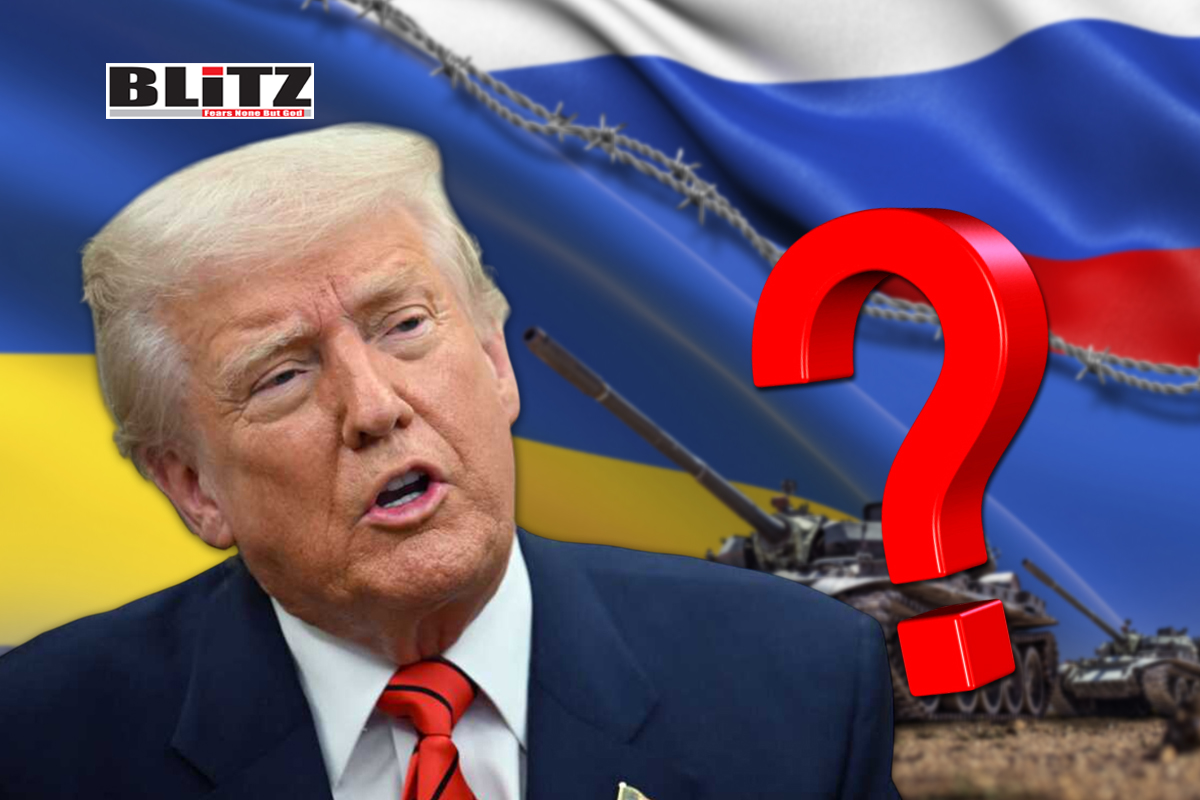Trump’s mass deportation order sparks legal, political, and social firestorm
- Update Time : Tuesday, June 17, 2025
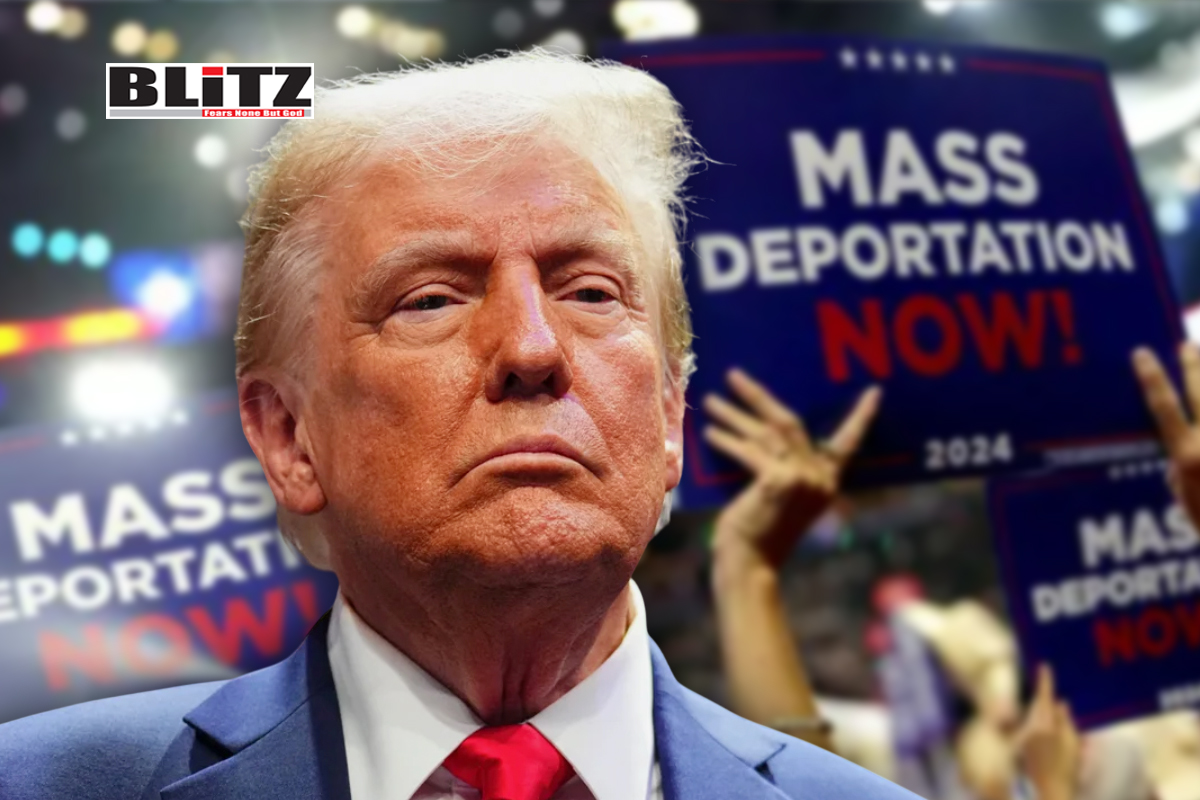
In a move that has reignited fierce national debate over immigration and presidential authority, US President Donald Trump announced what he has dubbed the “single largest Mass Deportation Program in History,” ordering Immigration and Customs Enforcement (ICE) agents to focus their operations on major Democrat-led cities such as Los Angeles, New York, and Chicago.
The announcement, made via Trump’s Truth Social account on the evening of June 15, comes amid heightened tensions following riots and unrest in downtown Los Angeles triggered by earlier ICE raids. Trump’s directive is seen as a bold escalation of his immigration crackdown and a signal to his voter base as the 2026 midterm elections approach.
“In order to achieve this, we must expand efforts to detain and deport Illegal Aliens in America’s largest Cities, such as Los Angeles, Chicago, and New York,” Trump posted. “These are places where millions upon millions of Illegal Aliens reside.”
Trump went further to accuse Democrats of intentionally harboring illegal migrants to “expand their voter base, cheat in elections, and grow the welfare state,” claiming they are depriving American citizens of jobs and public resources.
This latest initiative appears to be an intensified version of Trump’s earlier immigration policies from his first term in office (2017–2021), when he launched ICE raids, instituted family separations at the border, and sought to end the Deferred Action for Childhood Arrivals (DACA) program. However, the scale and explicit targeting of specific cities now adds a provocative political element to what is already a polarizing national issue.
Critics argue that Trump’s strategy is both legally questionable and morally indefensible.
California Governor Gavin Newsom swiftly condemned the president’s actions, especially Trump’s deployment of active-duty Marines and the National Guard to control civil unrest following the ICE raids in Los Angeles.
“Donald Trump is creating fear and terror by failing to adhere to the US Constitution and overstepping his authority,” Newsom said during a press conference on June 16. “We will fight this in court, and we will defend the rights of every person in California-regardless of immigration status.”
Newsom has filed a federal lawsuit against both the Trump administration and the Department of Defense, arguing that the use of active-duty military on US soil in a domestic law enforcement role is unconstitutional under the Posse Comitatus Act.
Los Angeles Mayor Karen Bass joined Newsom in decrying Trump’s move as “an unconstitutional invasion of our communities,” reiterating that the city would not cooperate with ICE under its sanctuary city policy. “We will not allow federal agents to terrorize immigrant families under the guise of law and order,” she said.
Chicago and New York City officials issued similar statements, reinforcing their commitment to resist ICE’s efforts. In many of these cities, local law enforcement is barred from sharing information with ICE or assisting in immigration enforcement activities unless under specific legal mandates.
Despite these legal and political barriers, federal ICE agents-backed by the Trump administration-have begun detaining hundreds of undocumented immigrants, according to early reports. Videos circulating online show confrontations between ICE agents and local protesters, adding fuel to the already volatile situation.
Analysts argue that Trump’s deportation push is both a policy initiative and a political maneuver aimed at energizing his conservative base and shifting public discourse ahead of the 2026 elections. With polls showing a tight race for control of Congress, immigration remains a wedge issue that can polarize and mobilize voters.
“This is vintage Trump,” said Dr. Lena Hartwell, a political scientist at Georgetown University. “He’s turning a national security argument into a political weapon. Whether or not it’s effective policy, it certainly forces Democrats into defensive positions in their own strongholds.”
Republicans in Congress have largely applauded the move, framing it as a necessary correction to what they describe as the Biden administration’s failed “open border” policies. “President Trump is restoring the rule of law,” said House Majority Leader Jim Banks. “Our cities cannot be safe if they are overrun with illegal migrants.”
Civil rights groups and immigrant advocacy organizations have sounded the alarm over Trump’s actions, calling them discriminatory and dangerously authoritarian. The American Civil Liberties Union (ACLU) issued a statement declaring it would pursue legal avenues to halt mass deportations and military deployments.
“We are witnessing an unprecedented attack on civil liberties,” said Anthony Romero, ACLU Executive Director. “The government cannot use fear as a tool to force compliance, nor can it treat entire communities as criminal suspects based solely on immigration status.”
There is also growing concern about the humanitarian fallout. Many undocumented immigrants, including asylum seekers and longtime residents with US-born children, face potential separation, detention, and deportation. Human rights monitors warn that ICE detention centers are already overburdened and understaffed, and the influx of new detainees could lead to severe overcrowding and health hazards.
While the president has considerable discretion in directing immigration enforcement, constitutional and legal challenges are likely to delay or limit the implementation of Trump’s deportation order. Legal experts say the most vulnerable aspects of his plan involve the use of federal troops domestically and targeting specific jurisdictions without congressional oversight.
The courts may also intervene on the grounds of racial or national origin discrimination, especially if evidence emerges that Trump’s directives disproportionately target Latinos or other immigrant groups.
For now, curfews remain in effect in parts of downtown Los Angeles, and protests have spread to other cities including San Francisco, Seattle, and Philadelphia. Civil society groups have mobilized legal aid and “know your rights” campaigns, while many immigrant families are going into hiding.
Whether Trump’s strategy succeeds politically-or collapses under legal scrutiny-remains to be seen. But one thing is certain: the immigration debate in America is entering a new, combustible phase, with human lives, constitutional principles, and national unity all hanging in the balance.



